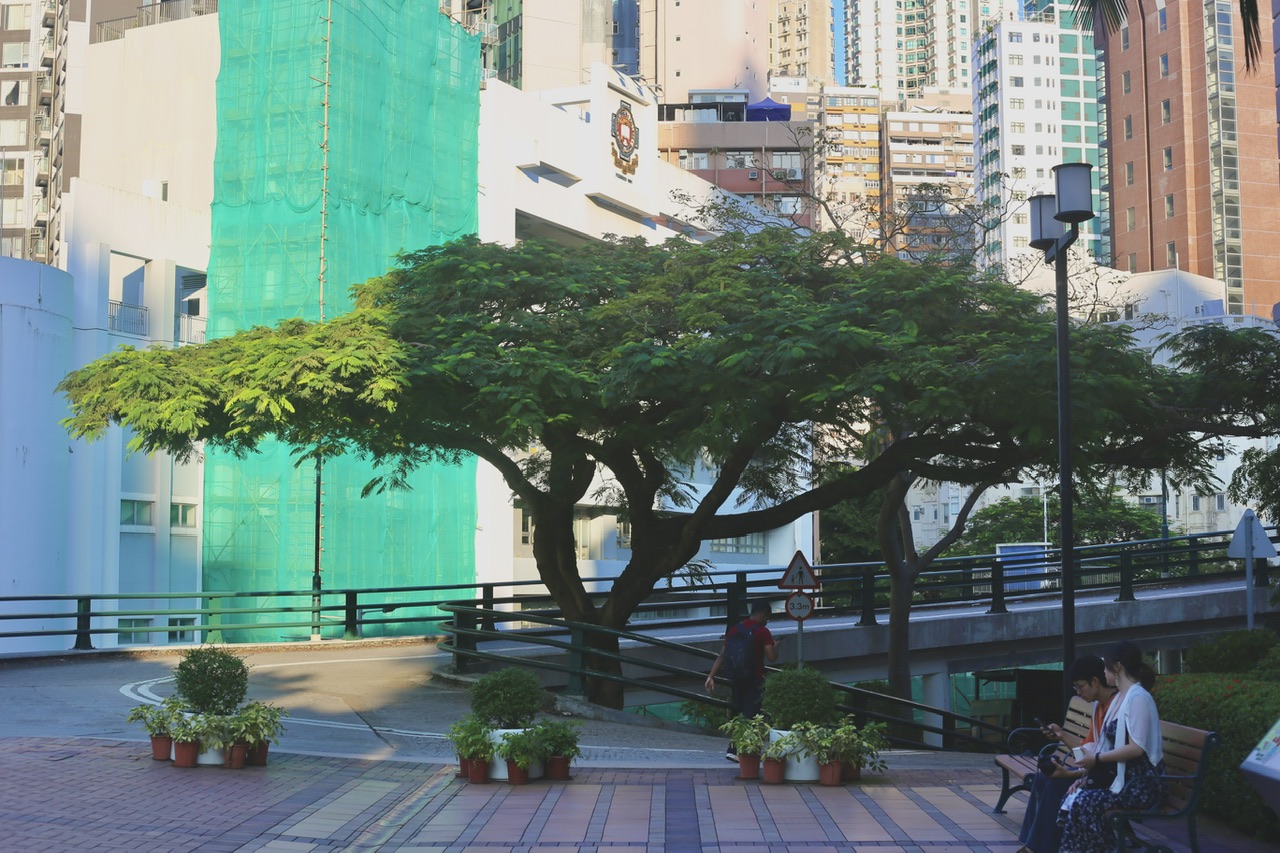Immersed in the southern sunshine that provides not only warmth but also a sense of life in control, one couldn’t help but think that all seasons that naturally comes and goes are simply like a relative that comes along just for a while and would never stay longer than necessary. But in the living memory of Hubei’s southerners, this river-and-lake province of the country is a mystic place, often regarded by those who historically resided here as climatically extreme because, in part, of its ferocious summer heat so brutal it is like the road is burning up things that happen to touch it miserably and abrupt winter storms coming from the north.
Life on the southern soil is one defined by lengthened boredom and dullness due to a traditional southern predilection for peacefulness. Life in the heartland of the south, it occurred to me, promotes social values that include interpersonal closeness and shared community support and an awareness that rather a journey, life is more like a battle to be fought, in part, because there is a farming tradition that recognizes the difficulty of maintaining self-sufficiency when all you have to rely on is your land. It guides people to pursue a much simpler way of life and to forge a closer engagement with nature becasue everything else is not easy. When thinking about going back home, I imagined living an adult life unlike what I have previously envisioned a non-typical male adulthood could be in Hubei’s Qianjiang city where being small and temperamentally unobtrusive defines almost everything we do with our life, thus influencing the way we deal with the outside world. It’s not an ideal otherworldly paradise where social regulation does not negatively dilute the content of one’s personal imagination. It has never been the case. So, very naturally, I come to dream of sky-embracing fields full of green corps in the summer and ridges and rivers resting in the vastly unoccupied countryside where a sea of poplar trees are touching the greyish sky.
There was a southern way of thinking that everything related to the traditionally rice-planting region, from the very dialect we converse in to the way we regard ourselves as town folks, is deemed powerless and considered by those from the outside of little to no importance. More often than not, the local way of life is no longer well perserved as more youngsters seeking opportunities outside, sometimes compromising, or in their words, ‘improving’ thier original southern identities, become reluctant to live a life more close to nature and family. Rather, independence and selfhood are concepts unilaterally linked to improved economic status and the number of nice cars they own.
The once quiet streets are no longer silent. My apartment was in Qianjiang’s southern blocks close to the city’s railway station and lobster catering center that attracts toursits attention. Outside the windows of my home were periodical passings-by of the high speed trains whose sounds were considered noisy by one of my firends. The sounds of passing trains from two to three kilometers away were hardly noticable to my ears as I often found myself daydreaming a future as a reclusive writer whose concerns about life are not so closely related to material wants.
Given the fact that once your way of life is transfromed into an urban one, there is no way back and everything you do requires money, seldom would there be any rational or sane man considering putting to much energy on caring about the purpose of making others happy.
The world is often reduced into a fragmented piece of glass reflecting only the light that touches it. It never occurred to me that this capitalist way of doing things could have done so much on people here. The traditional southern way of living is so badly adjusted to the capitalist values of competition and the very business of owning things. Reclusive-minded people are not getting any more reclusive here, let alone leading a life that thirves on shared community respects.
Respect to nature and individual dignity, it appears, has been compromised in order to find a more materialistically rewarding life that centers on business and community seperation. It has never occurred to me that this kind of penetration could go so deeply that I started missing the very old moment when people are not so concentrated on becoming an owner. Since the train has again passed me by, it’s too noisy to remain here, waiting for the next season to come.
By Loulin
In the south.

